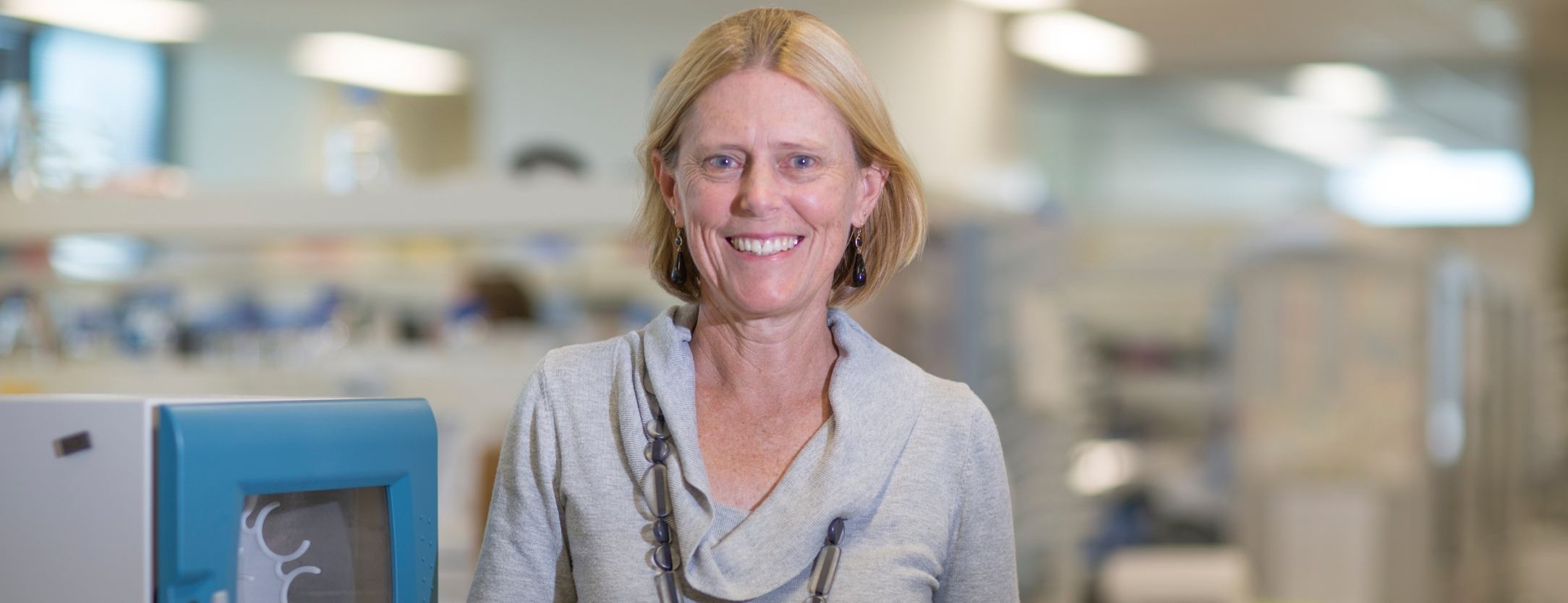Homer W. Smith Award for Professor Melissa Little

Professor Melissa Little, who heads the institute's stem cell medicine team, has been awarded the prestigious Homer W. Smith Award from the American Society of Nephrology.
The annual award is presented to an individual who has made outstanding contributions that fundamentally affect the science of kidney health. Established in 1964, this award recognizes one of the major intellectual forces in kidney physiology.
During her career, Professor Little has pioneered methods to recreate human kidney tissue from human pluripotent stem cells - commonly referred to as kidney organoids - advancing disease modelling, drug screening, and our knowledge of how kidneys develop. This work holds the promise of not only improved treatments for congenital kidney disease, but one day may mean we can grow transplantable kidneys in a dish.

Professor Little has authored more than 260 scientific publications. Early on she helped define the genetic basis of a childhood kidney cancer and then began to focus more broadly on kidney development. She has been instrumental in defining the transcriptional networks active during kidney development, identifying novel genes involved in this process and defining the outcome of mutations in patterning and function.
She has developed quantitative high resolution imaging techniques that have improved the accuracy with which a subtle developmental defect can be analyzed, resulting in mathematical models of normal kidney development. Her work has revealed the highly active and migratory nature of cells during organ formation. She performed some of the earliest studies examining whether there are kidney stem cells present in the postnatal kidney, identifying and characterizing potential stem cells within the adult kidney.
Using her knowledge of the molecular basis of normal kidney formation, she has successfully developed methods to turn human stem cells into kidney cells. Her team has generated human kidney organoids from pluripotent stem cells, showing transcriptional and structural equivalence to the human fetal kidney. Her discoveries have been widely adopted in labs around the world and applied by many other groups to model kidney disease in a dish.
Professor Little has developed and encouraged collaborations with researchers across the globe. Her approach to research dissemination, including extensive gene expression data, protocols and research tools, has promoted an "open science" culture that has built advances throughout the international community.
